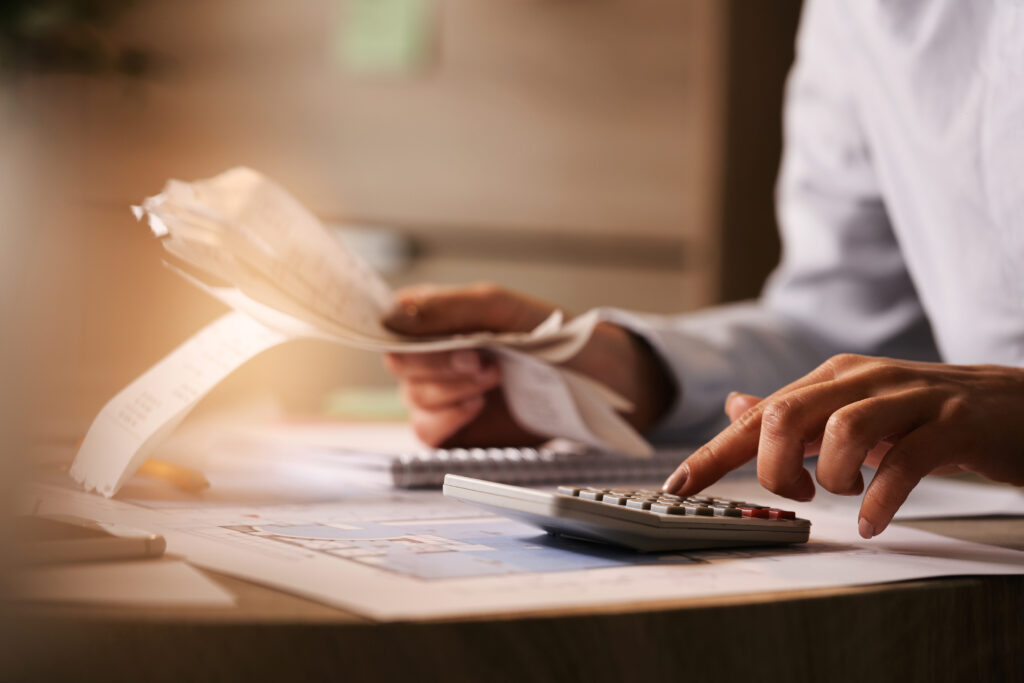In recent years, Dubai has emerged as a premier destination for foreign investors seeking properties with complete security and ownership. While entering Dubai’s market is relatively straightforward for foreign buyers, your success largely hinges on your understanding of the local landscape and regulations. Without proper preparation, your investment journey could quickly become overwhelming. To help you navigate this, we’ve compiled a comprehensive checklist for foreign investors buying property in Dubai.
Understand Foreign Ownership Regulations

Before venturing into the real estate market in Dubai, it’s crucial for foreign investors to familiarize themselves with the specific regulations regarding foreign property ownership. These regulations can be quite different from those that govern local investors. The Dubai government has established clear guidelines that dictate where foreigners can own property, both freehold and leasehold.
Focus on designated freehold areas where international buyers are permitted to invest. Additionally, it’s essential to stay informed about the rules set by the Dubai Land Department (DLD). All property transactions, minor or major, must be registered with this authority to secure legal ownership.
Furthermore, the Real Estate Regulatory Agency (RERA) plays a significant role in overseeing developers, brokers, and property transactions. It ensures complete transparency for foreign investors. Understanding these laws and regulations is vital for a smooth and compliant property purchase journey in Dubai.
Familiarize Yourself with Local Market Dynamics
Entering Dubai’s real estate market, whether in luxury sectors or more conventional spaces, requires a basic understanding of its dynamics. While you can always hire professionals to conduct market research and handle transactions on your behalf, it’s essential to grasp how the local market operates.
Stay updated with current trends, financial indicators, and average property prices across various neighborhoods. Look for areas that offer attractive rental yields and good prospects for capital appreciation. Don’t ignore upcoming projects that boast modern infrastructure, as these can significantly enhance long-term value.
Currently, Sobha Realty stands out in Dubai’s investment landscape with a range of both completed and under-construction projects. From the upscale Sobha Hartland II and Sobha Reserve residencies to urban developments like Sobha Orbis and Sobha Solis, focus your search on properties that align with future infrastructure and evolving consumer preferences.
Assess All Hidden Costs

Foreign investors can easily overlook various hidden costs that can arise during the property acquisition process. Being aware of these expenses is crucial for establishing a realistic investment budget and avoiding unexpected financial surprises.
Start by accounting for all Dubai Land Department (DLD) fees, including registration and transfer fees. If you’re planning to mortgage your Dubai property, prepare for expenses like arrangement fees, processing fees, and property valuation fees. Don’t forget about other significant charges, including real estate agent commissions, annual service charges, and Ejari registration fees.
While Dubai has minimal property taxation, it’s important to be aware of VAT (Value Added Tax) implications. A 5% VAT applies to many real estate transactions, contingent on the property type and transaction nature. This VAT may also apply to various government fees and services, including DLD fees, property registration fees, Ejari registration fees, mortgage registration fees, maintenance fees, conveyancing fees, and real estate broker commissions.
Compare Currency Exchange Rates
One of the most challenging aspects of purchasing property for foreign investors in Dubai is navigating currency exchange. This step is crucial for finalizing your investment and determining the overall cost. All property transactions in Dubai are in UAE dirhams (AED). Therefore, if you are using a foreign currency, convert it to AED before making the payment.
This is where the complexity lies. For those using USD, the process is straightforward since AED is pegged to the dollar. But if your local currency is weaker than the AED, your investment may end up costing significantly more.
Moreover, foreign exchange rates fluctuate daily, which can impact your property cost. To maximize your investment, keep a close eye on exchange rates and convert your funds when your currency is strongest. Your options for currency exchange include banks, dedicated exchange services, foreign exchange brokers, and even hedge and forward contracts.
Account for International Transfer Fees

In addition to the challenges of currency exchange, you should also consider the costs associated with international bank transfers. Typically, these transfers can incur a variety of fees from banks, forex companies, and intermediaries, making them quite expensive. The most commonly used option for international real estate transactions is the conventional bank transfer, favored for its security. Almost all Dubai developers and real estate agents accept this payment method, adding to its credibility.
However, the downside is the significant cost, with high transfer fees and subpar exchange rates compared to forex brokers. Traditional international bank transfers can be slow as well, taking 3–5 business days to process. Therefore, we recommend using a forex broker, which can provide better currency exchange rates and lower transfer fees. It also ensures faster transactions, usually taking only 1–2 business days.
Confirm RERA and DLD Registration
For foreign investors in Dubai’s real estate sector, a critical step you must not overlook is registering with the Dubai Land Department (DLD) and the Real Estate Regulatory Agency (RERA). Whether you are purchasing a ready property or an off-plan project, registering your property with the DLD is mandatory. Otherwise, you won’t obtain an official title deed.
The Dubai Land Department is a government entity that oversees all property title registrations, sales transfers, and transactions. Every property transaction must be recorded through this department. In addition, confirming your RERA registration is essential when investing in any real estate project in Dubai. RERA serves as the regulatory arm of the Dubai Land Department, enforcing real estate laws and ensuring compliance.
Registering with RERA is not simply a recommendation; it is a crucial protective measure that legitimizes your investment activities. This registration helps you verify that the developer and broker you are working with have an official license. Thus, shielding you from potential real estate scams and unapproved or fraudulent projects.
Conduct a Property Inspection

While Dubai’s real estate market is quite safe and low risk, conducting a property inspection is still advisable. For foreign investors, it’s crucial to ensure that the property you’re considering meets your expectations. Listings, particularly from third-party sellers, may embellish certain features. A physical visit allows you to verify the quality of construction and the accuracy of layout and views firsthand.
This not only helps you assess the property itself, but also gives you insight into its location and surrounding amenities, which contribute to the property’s value. If you’re considering an off-plan development, verifying the project’s progress and the developer’s reputation is essential. Visit the developer’s office or their ongoing project sites to confirm that construction is on track and compliant with RERA.
If you’re unable to inspect properties in Dubai personally, consider hiring a trusted property consultant or a licensed RERA agent. You can also request live video walkthroughs or 360° virtual tours to gain comprehensive understanding of the property from afar.
Partner with a Real Estate Agent
Although it’s optional, working with a local real estate agent is ideal for foreign investors. Our experts at Kismet Elite suggest that engaging a specialized real estate agent can save you significant time and effort. Agents handle various tasks, including registrations, compliance, and inspections, which help minimize legal risks and maximize your potential returns.
In Dubai, all real estate agents register with the Real Estate Regulatory Agency (RERA). This requirement underscores the importance of compliance and can protect you from inadvertently breaking any laws that can in penalties. Additionally, qualified agents provide valuable insights into pricing trends, high-growth areas, and off-plan opportunities, as well as access to exclusive listings that may not be available to general investors. Experienced agents can also leverage their negotiation skills to help you secure better deals, especially in a competitive market.
By hiring a reliable real estate agent, you can rest easy knowing that all aspects of your investment are managed. From property viewings to paperwork and ownership transfer, an agent will do all of this on your behalf.

